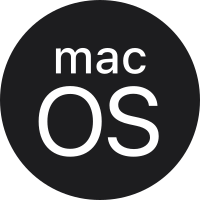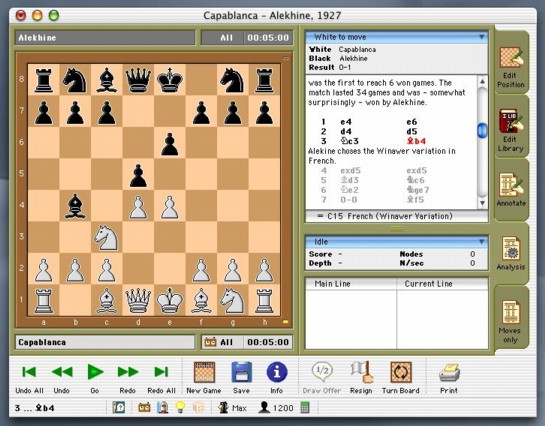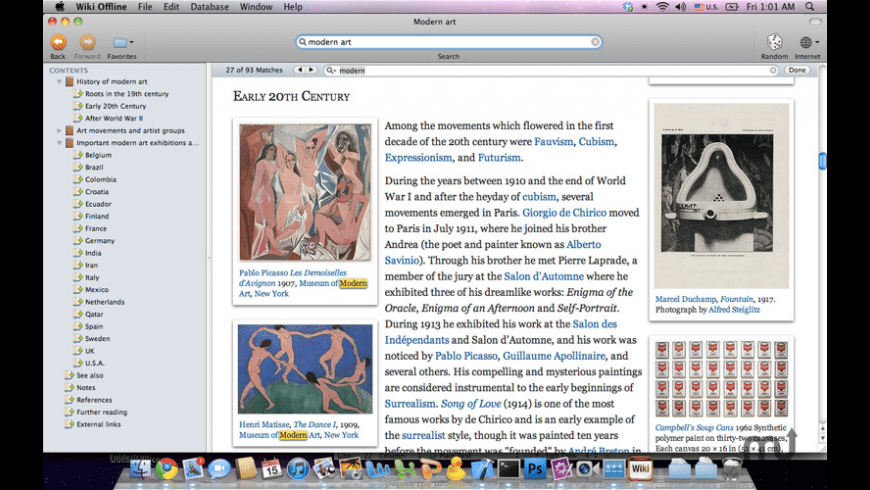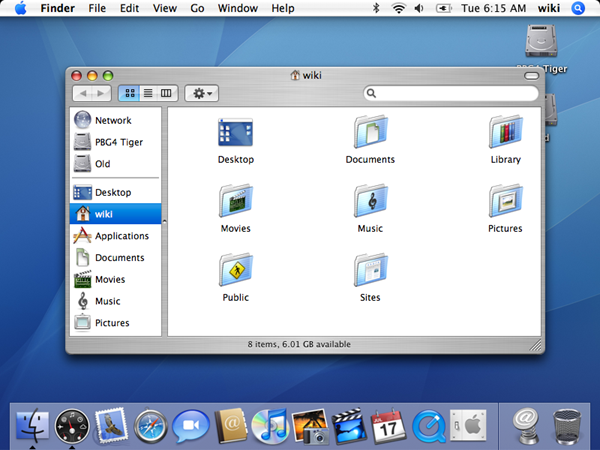
#WIKI SOFTWARE FOR MAC SOFTWARE#
However, you don't have to compile the software to use it with Linux. It doesn't have packages for popular distributions.

#WIKI SOFTWARE FOR MAC CODE#
WikidPad only comes in the form of a Windows installer or a source code archive. When you want to share your wiki pages, you can post them online or print them-WikidPad has a very good HTML export feature. In addition, you can add basic formatting using WikiText, and you can also paste images into your wiki pages. You can create as many wiki pages as you want, and you can have as many of them open (in separate windows) as you need. From there, you add sub-pages and link them together by naming those sub-pages using CamelCase. When you want to create a set of notes around a topic, such as information for an article you're writing or a project plan, you create a new wiki page. While not the prettiest of applications, the venerable WikiPad gets the job done, and gets it done very well. If that wasn't enough, TiddlyWiki has a built-in set of plugins, which let you change the editor for your tiddlers, add tools to help import data from Evernote, do mathematical typography, render Markdown, and more. TiddlyWiki even packs a rudimentary paint application. When working with your tiddlers, you can add wiki markup using TiddlyWiki's version of WikiText and also images. A tiddler can be anything you want it to be. To use TiddlyWiki, you create what are called "tiddlers." Tiddlers are items on your wiki, such as notes, journal entries, bookmarks, and task lists. But don't let TiddlyWiki's outward simplicity fool you, it's a very powerful tool. You can store the file on your computer, put it on a network drive, or carry it with you on a flash drive. TiddlyWiki isn't a piece of software, it's a large HTML file. Weighing in at around 2MB, TiddlyWiki is one of the most flexible options out there.

You can also take advantage of Zim's numerous plugins to add spell checking, an equation editor, a table editor, and more to the application. Zim lets you export your pages into several formats, including HTML, LaTeX, ReStructuredText, and Markdown. You can format your pages with Zim's wiki markup or, again, by clicking a button on the toolbar. It's built around the concept of notebooks, which are collections of wiki pages on a single topic or grouping.Įach notebook can contain any number of pages, and you can link between those pages using either CamelCase (a favorite of wiki users everywhere) or using an option on the toolbar. Zim Desktop Wiki (Zim, for short) is relatively small, quite fast, and easy to use. Let's take a look at three of those lightweight, desktop wikis.

There are a number of solid lightweight wikis that can help you organize your information, keep track of your task, manage your notes, and more. If you want to get that wiki feeling on your desktop without dealing with all of that plumbing, you easily can. For many of us, this is overkill, especially if we only want to use wikis on our desktops. They need quite a bit of additional digital plumbing to run. On the other hand, those wikis are also big. They can be great tools for collaborating, working on your own, or just organizing the piles of information in your life. They're open source, useful, powerful, and flexible. When you think of the word "wiki," examples like MediaWiki or DokuWiki probably come to mind. Running Kubernetes on your Raspberry Pi.A practical guide to home automation using open source tools.



 0 kommentar(er)
0 kommentar(er)
